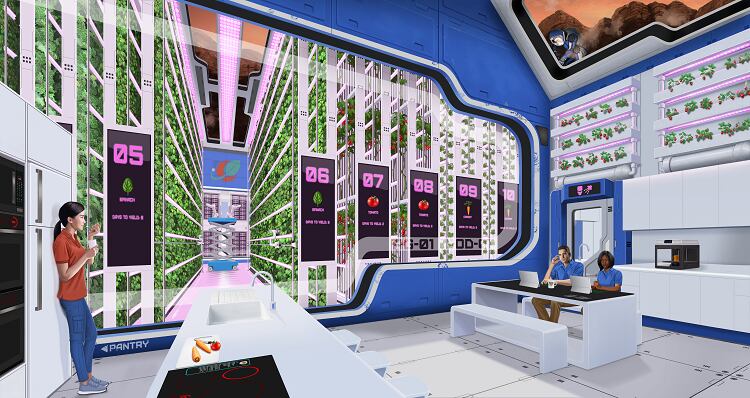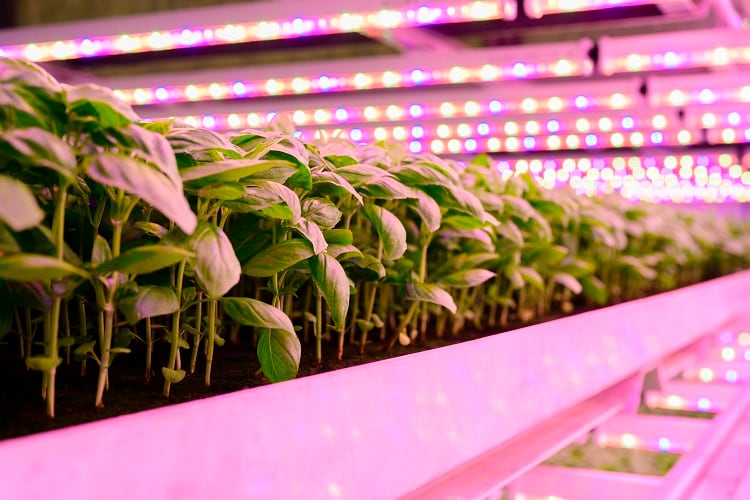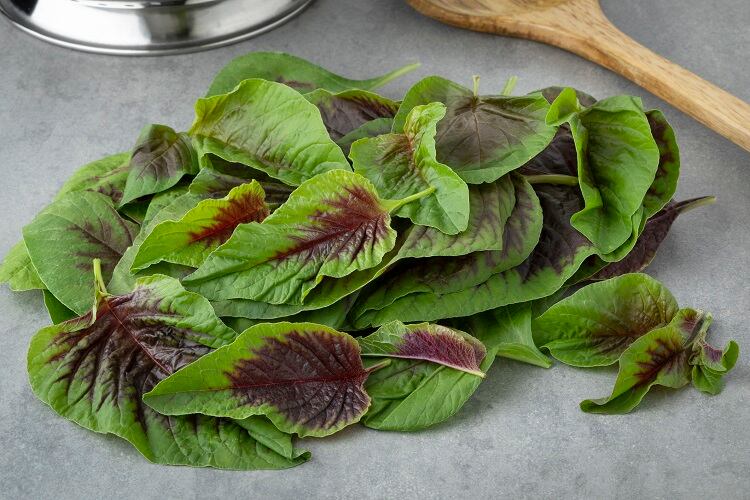The UK Space Agency project will be led by vertical farming company Vertical Future, who will work alongside international experts in plant biology and space technologies. Other partners include experts in plant biology and space technology and operations, including Axiom Space, Saber Astronautics, the University of Southern Queensland, along with their Plants for Space research partners and the University of Adelaide and University of Cambridge.
Phase One of the project will focus on researching the design requirements of a fully autonomous agriculture system. The system will be designed to be monitored and operated remotely or through the use of AI. In the future, it can be used to support space explorations including future Moon-to-Mars Artemis missions.
Phase Two will focus on implementing the CEA system on the International Space System (ISS) as well as on the world’s first commercial space system – currently being developed by Axiom Space. The Axiom Station is being developed to eventually replace the current ISS once it reaches the end of its life.
Vertical farming is a type of controlled environment agriculture (CEA) which takes a technology-approach to farming. By creating fully controlled environments for plants, CEA aims to deliver year-round cultivation with fewer agricultural inputs and lower carbon emissions compared to expansive open farms.
Eating food in space can differ significantly from how it is consumed on Earth, often consisting of adding hot water to pouches of freeze-dried foods. Further, food must be thermostabilized in order to heat treat and kill bacteria. If fresh food is consumed, it is delivered by cargo spacecrafts, but it has a short shelf-life.
Therefore sending plants to space is key to survival in long-duration space travel and plans for future settlement, believes Dr Jason Held, CEO of Saber Astronautics. “Making plants thrive in space will take a mix of experts in botany, engineering, and operations to make it happen.”
Expressing her excitement about the project, Dr Jennifer Bromley, chief scientific officer at Vertical Future said the co-developed technology would be ‘life-changing’. “Several studies have shown that having access to high-quality fresh produce is important not just for one’s nutrition but also for their mental wellbeing. Astronauts typically lack access to a varied diet whilst in space which this project is working to solve by providing a wide range of high-quality produce that can be grown on a space vessel.”
It’s important, according to Dr Bromley, that new and innovative ways are developed for astronauts to ‘thrive and survive’ in their ventures ‘to not just the Moon but also Mars and beyond’.
“As we have seen with many other technological advances thanks to the space industry, we will also be able to apply our findings here on earth, where we continue to develop Vertical Future technologies.”
This is not Vertical Future’s first project for outer space exploration. Last year, the company joined forces with the Australian Research Council (ARC) Centre for Excellence in Plants for Space research centre to investigate the cultivation of water spinach using vertical farming technology – both on Earth and further afield.
Specifically, the project aims to reduce the size of water spinach – considered much too large for typical vertical farms – and control its nutritional parameters through the investigation of environmental conditions, growth regulator treatments and classic genetics. The project will also work towards reducing the lifecycle of water spinach to allow seed production in a shortened amount of time with the use of gene-editing technologies.




